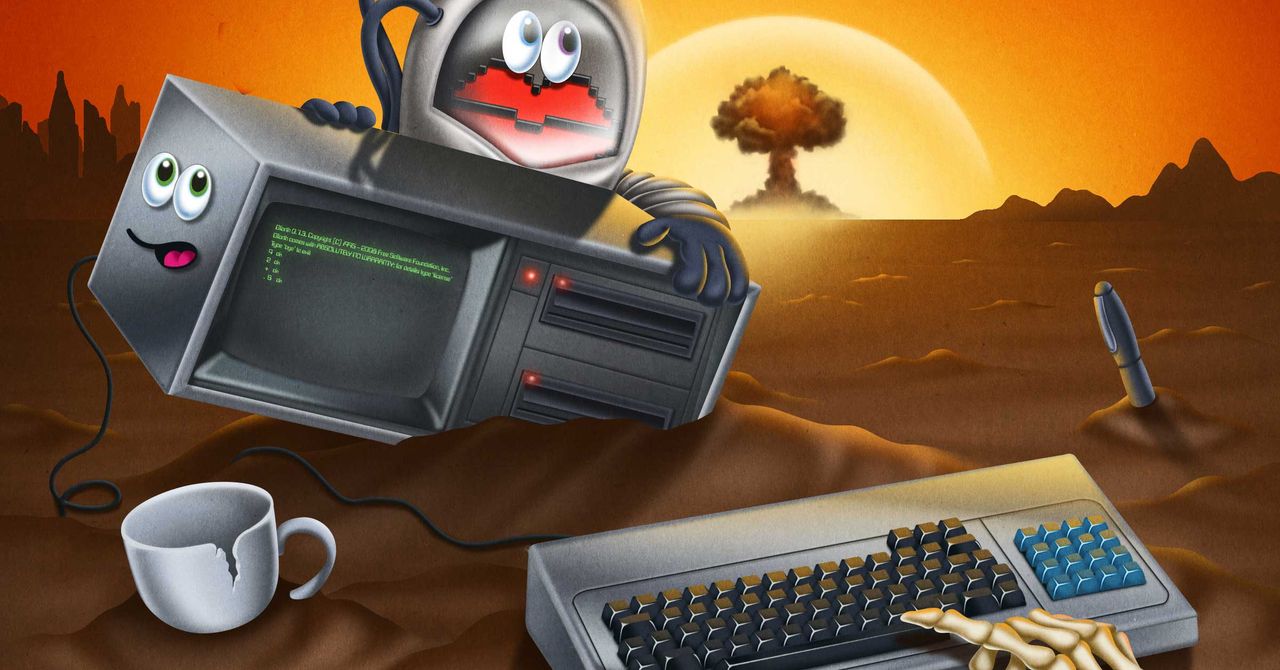Apocalypse Code: The Programming Language That Could Save Humanity

In the Shadow of Technological Collapse: How an Obscure Programming Language Could Save Humanity
When the lights go out and our complex digital infrastructure crumbles, humanity might find an unexpected lifeline in an ancient programming language called Forth and its revolutionary companion, Collapse OS. This isn't a dystopian fantasy, but a carefully crafted survival strategy for a potential technological apocalypse.
Forth, a minimalist programming language developed in the early 1970s, represents a radical approach to computing. Unlike modern, bloated programming environments, Forth is lean, adaptable, and capable of running on the most basic hardware. Its simplicity becomes a strength in a world where sophisticated technology has become fragile and unsustainable.
Collapse OS emerges as a groundbreaking operating system designed specifically for a post-apocalyptic scenario. Created by visionary programmer Virgil Dupras, this system is engineered to operate on minimal hardware, salvage existing electronic components, and provide essential computing capabilities when traditional infrastructure fails.
The genius of Collapse OS lies in its ability to breathe life into obsolete microcontrollers and forgotten electronic fragments. Imagine a world where complex computer systems have disintegrated, but small, resilient devices can still be programmed to perform critical tasks—from managing agricultural systems to maintaining communication networks.
This isn't just theoretical preparation; it's a pragmatic blueprint for technological resilience. As our global systems become increasingly interconnected and vulnerable, Forth and Collapse OS represent a radical reimagining of computing—stripped down, adaptable, and fundamentally survivable.
In an era of technological complexity, these innovations remind us that sometimes, simplicity is the ultimate sophistication. When everything else fails, the most basic tools might just become our most powerful allies.
